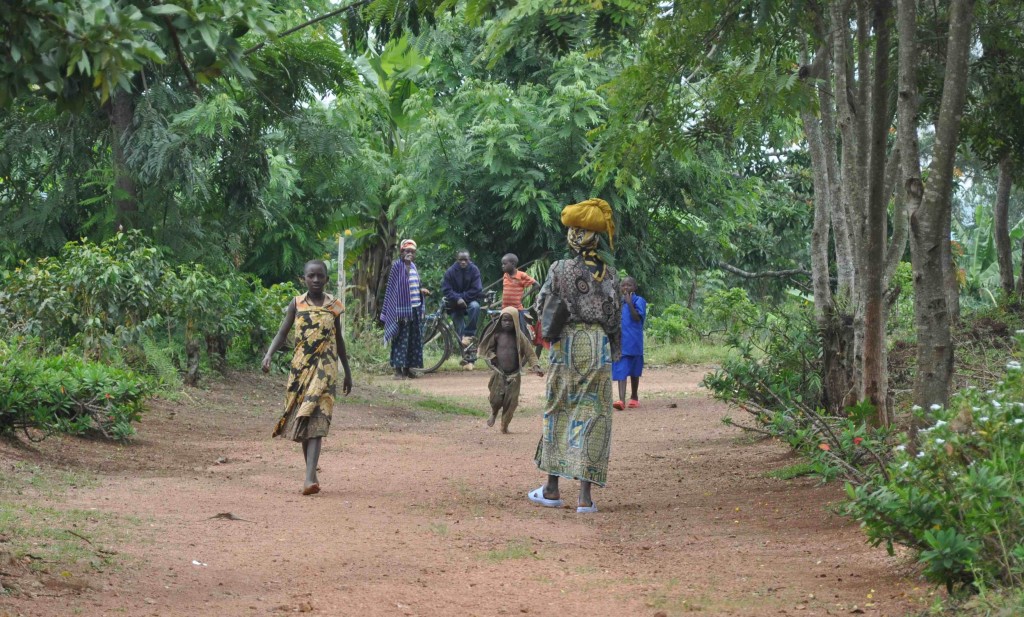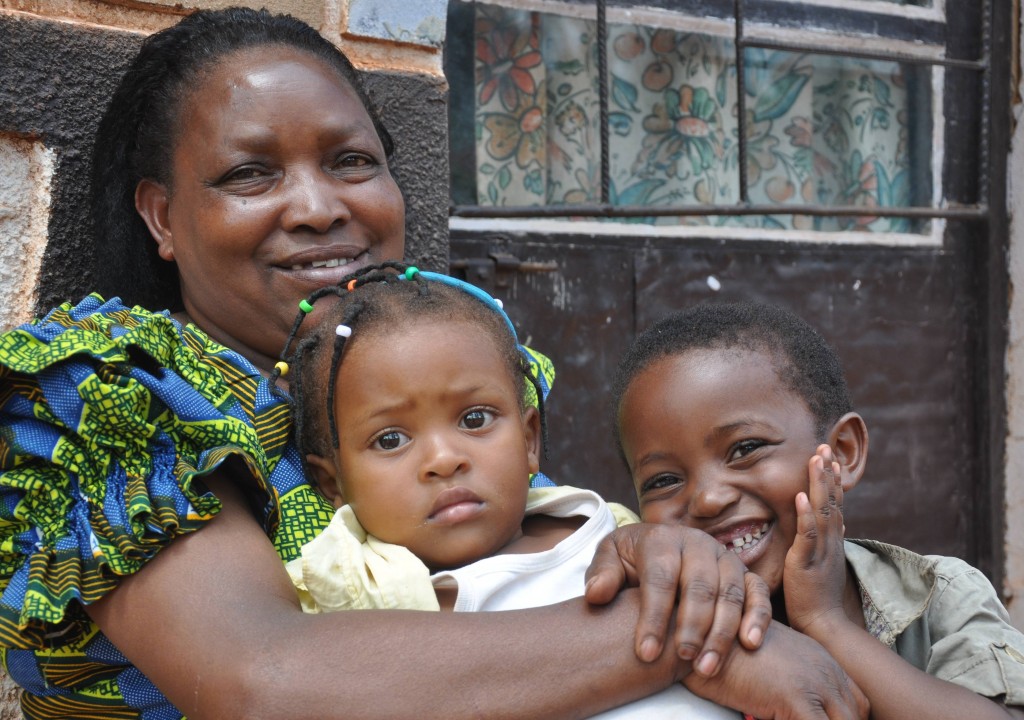Editor's note: Empowering women is at the core of Heifer International's model for sustainable development. In honor of International Women's Day on March 8, this week we are sharing stories of the women with whom Heifer works, who take the gifts of livestock and education to produce extraordinary results for themselves, their families and their communities.
Women are on the rise in Rwanda. The country’s constitution requires that 30% of its parliament be women, and Odette Uwamariya, governor of the Eastern Province of Rwanda says women now make up more than half the parliament. “Fifty-six point two percent,” Charles Kayumba, Heifer’s Rwanda country director, clarifies. Even better.
 Photo courtesy of Heifer International.
Photo courtesy of Heifer International.This beautiful country, once so torn by civil war and later genocide, now knows almost no crime. Economic growth is at about 7%. Is it all due to women? Clearly, there are many factors at work here. But it’s significant that the genocide left the country 70% female. Women virtually had no choice but to step up to the work of re-building a nation.
Even with the development so evident in the capital city of Kigali, hunger and malnutrition are still the biggest problems in the provinces. Heifer has helped more than 40,000 families feed themselves and earn a living, most of them female-headed. The government of Rwanda has taken notice and started a program modeled on Heifer’s. The families who receive cows from the government are required to pass on the gift of the cow’s offspring to someone else in the community. Sound familiar? In many areas of the country, the government has turned to the experts-- asking Heifer to oversee the program.
“I want to acknowledge and recognize Heifer International for the good work they are doing here, and Dr. Kayumba for managing this program,” said Madame Uwamariya at our recent meeting in Rwamagana, the seat of the Eastern Province. Particularly among those affected by HIV, “we have seen tremendous changes after working with Heifer in terms of nutrition and income levels in the community,” Uwumariya reported.
A case in point is Nyirafaranga Liberathe, who lives in Rwinkavu Sector, Kayonza District. She is HIV positive, lost her husband during the genocide and now cares for three children and two grandchildren. When she first began taking medication for HIV in 2005, her antibody count (the bodies that fight infection) was around 96. Medication brought the number up to about 300. Since she began working with a Heifer goat project in 2010, she has been drinking goat’s milk regularly and eating more and better vegetables from her garden. Her antibody count now is at 926.
 Nyirafaranga Liberathe with grandchildren. Photo courtesy of Heifer International.
Nyirafaranga Liberathe with grandchildren. Photo courtesy of Heifer International.The transformation Liberathe has undergone is not just physical, though. Before she began working with Heifer, she felt separated from her community, guilty even. She kept her condition to herself. She lived in fear of poverty, of having nothing. Now, she says, “I feel stronger and am accepted by the community. I have food, I’m fine.” She realizes she now has hope, and a future. “I have helped another family [through POG], I am free from debt, I feel excitement and am happy to be able to assist someone else in need.”
Just as Liberathe has undergone a transformation, so has Rwanda, helped along by strong women… and Heifer International. You can see it in the landscape, in the city, in the countryside, and especially in the eyes of the Heifer project participants. Empowering women through development may not solve all the world’s problems, but after visiting Rwanda, it’s interesting to wonder just what might happen if more women in more places were given more tools and training. Imagine the transformation…